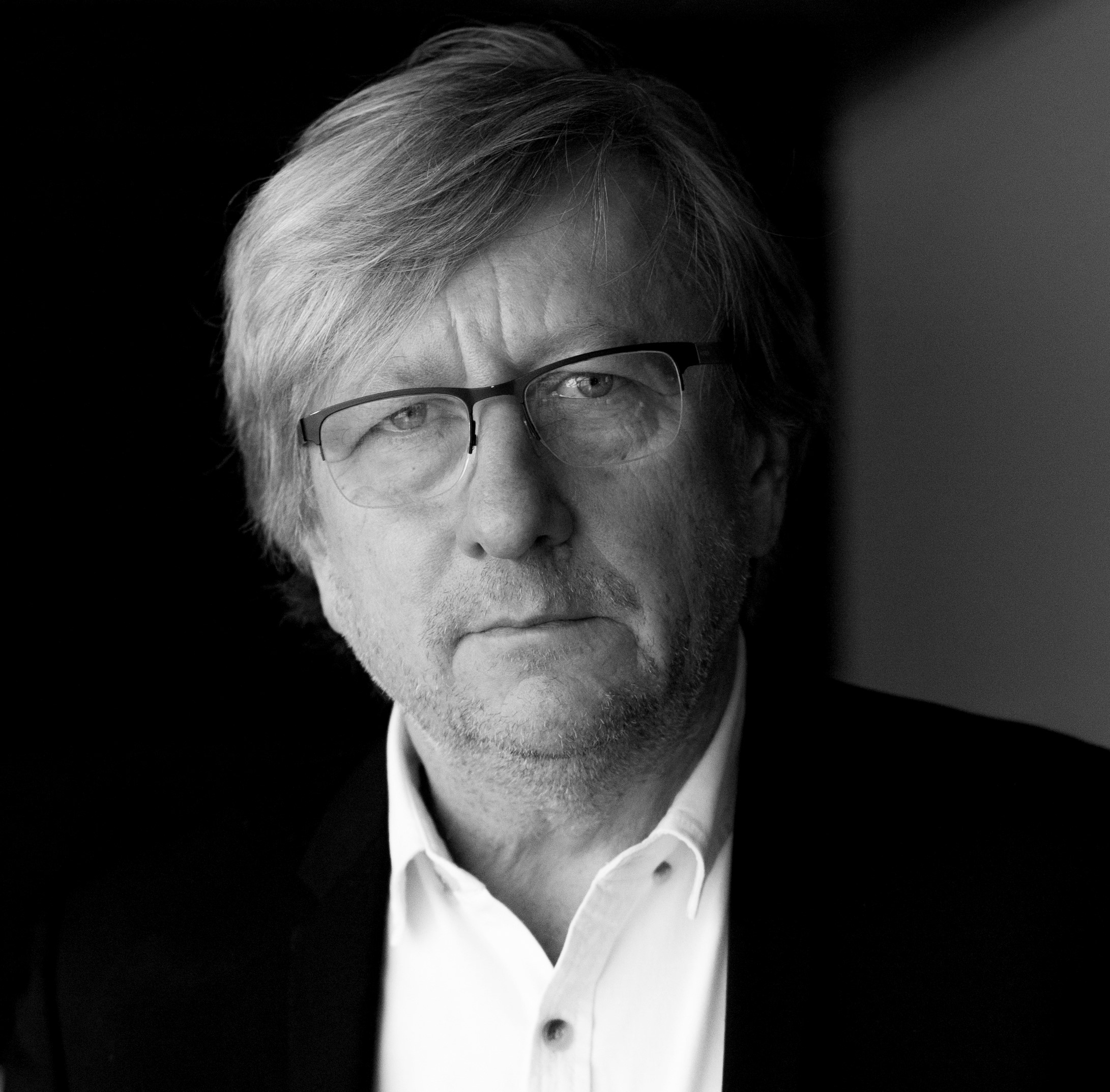Andrzej Kosendiak

Photo © Łukasz Rajchert
Director of the Witold Lutosławski National Forum of Music in Wrocław; an artist, conductor and teacher, he is among Poland’s most active musicians and promoters of musical life. He graduated from the Faculty of Composition, Conducting and Music Theory of the Karol Lipiński Academy of Music in Wrocław; he earned his higher doctorate (habilitation) in 2013.
For many years, he worked intensely as a teacher at the Academy of Music in Wrocław, including at the position of the Head of the Inter-Faculty Studio of Early Music from 2001 to 2009. From 2014 to 2016, he lectured at the Academy of Music in Gdańsk, and in 2016 he returned as a professor to the Academy of Music in Wrocław. In 2016, he inaugurated a programme entitled Musica polonica rediviva, the purpose of which is to promote performances of Polish music by young artists worldwide with the support of conservatoires and festivals (the programme’s partners so far included the Royal Conservatoire in The Hague, Conservatorio di Musica Luca Marenzio in Brescia, and Conservatorio Superior de Música de Aragón in Zaragoza).
His particular focus is on early music. In 1985, Kosendiak founded the Collegio di Musica Sacra, and in 2013 another group called the Wrocław Baroque Ensemble, and has been the director of both ever since. He toured many European countries and the USA (also in cooperation with the Chapel Hill University North Carolina); in Poland, he performed at the country’s most prestigious festivals and concert halls. He recorded a number of previously unknown scores from the University Library in Wrocław – Musica da Chiesa (DUX), and from the Strasbourg Library – Messa Pastorale, Sinfonia in D, Magnificat by F.X. Richter (CYPRES), and Stabat Mater by A.M. Bononcini (DUX). 2012 and 2014 saw the publication of records with Grzegorz Gerwazy Gorczycki’s music under the baton of Andrzej Kosendiak (CD Accord); the first one was honoured with the Wrocław Music Award, and both were nominated for the Fryderyk award. His other publications include The Salzburg Marian Mass with Mozart’s liturgical music, two records with Bartłomiej Pękiel’s works, two albums with Marcin Mielczewski’s music, as well as the seventh of a series of records entitled Witold Lutosławski. Opera omniawith Lutosławski’s songs for children, performed by the NFM Boys’ Choir, Lutosławski Quartet and LutosAir Quintet under the baton of Andrzej Kosendiak. The first record with Mielewski’s works and the first one with Pękiel’s were both nominated for the Fryderyk award. 2018 saw the publication of a record with Stanisław Moniuszko’s Phantoms – performed by eminent singers and actors, as well as the NFM Choir and Wrocław Baroque Orchestra under the baton of Andrzej Kosendiak. Phantoms, staged during the 52th ‘Wratislavia Cantans’ International Festival by Paweł Passini under the musical direction of Andrzej Kosendiak, was honoured with the Emotions award of Wrocław Kultura Radio in the ‘Classical Music’ category, and was nominated for the Coryphaeus of Polish Music 2017 award. Upcoming records under his baton are A.M. Bononcini’s La decollazione di San Giovanni Battista and an album of collected works by Stanisław Sylwester Szarzyński.
He regularly conducts the performances of the NFM Wrocław Philharmonic, NFM Choir, Wrocław Baroque Orchestra, Wrocław Baroque Ensemble, and philharmonic orchestras from all over Poland. In the recent years, he conducted the performances of oratorios – Haydn’s The Creation and Handel’s Messiah – and Mozart’s Great Mass in C Minorand Requiem, as well as both Passions by J.S. Bach, Fauré’s Requiem, and Britten’s cantata Saint Nicolas etc.
In 2005, Andrzej Kosendiak became the director of the Wrocław Philharmonic and the ‘Wratislavia Cantans’ International Festival, and his work led to a reinvention of both institutions and their transformation into the National Forum of Music. He was the author of the concept of a prestigious concert centre in Wrocław under the same name and its coordinator throughout the construction phase.
